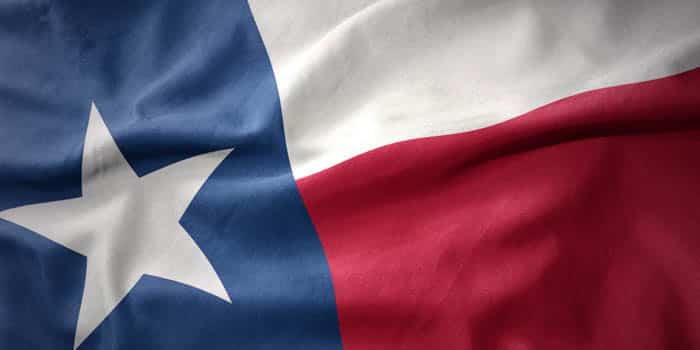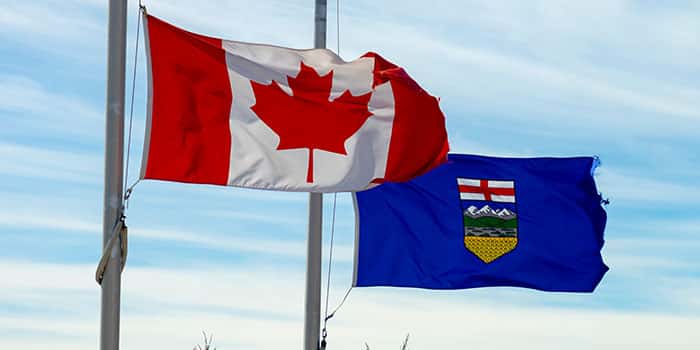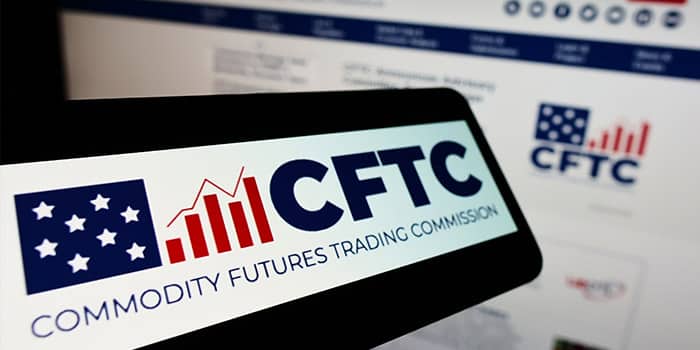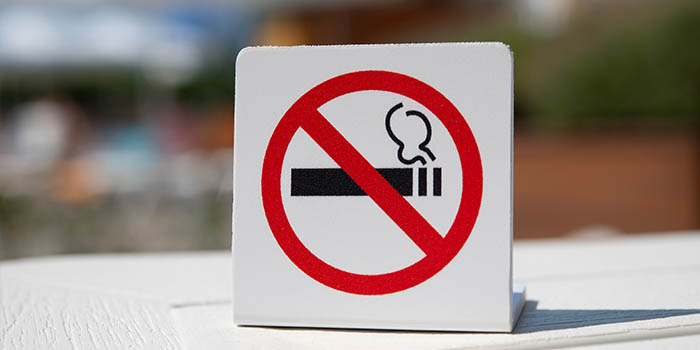- Casino
- By State
- Alabama
- Alaska
- Arizona
- Arkansas
- California
- Colorado
- Connecticut
- Delaware
- Georgia
- Florida
- Hawaii
- Idaho
- Illinois
- Indiana
- Iowa
- Kansas
- Kentucky
- Louisiana
- Maine
- Massachusetts
- Maryland
- Michigan
- Minnesota
- Mississippi
- Missouri
- Montana
- Nebraska
- Nevada
- New Hampshire
- New Jersey
- New Mexico
- New York
- North Carolina
- North Dakota
- Ohio
- Oklahoma
- Oregon
- Pennsylvania
- Rhode Island
- South Carolina
- South Dakota
- Tennessee
- Texas
- Utah
- Vermont
- Virginia
- Washington
- West Virginia
- Wisconsin
- Wyoming
- By State
- Slots
- Poker
- Sports
- Esports
Fact-checked by Stoyan Todorov
Kalshi’s Nevada Win Faces Federal Hurdles Over Sports Betting Rules
Legal experts believe the ruling may not hold under closer scrutiny, especially since it overlooked the potential relevance of the Wire Act of 1961

Kalshi, a prediction market platform with federal oversight, just scored an initial legal victory in Nevada. However, this courtroom win might not last long, as old federal laws that ban sports betting across state lines loom in the background.
Federal Judge Blocks Nevada from Regulating Kalshi, but Legal Questions Remain
A US District Court judge decided last week that Nevada’s gaming authorities could not enforce state gambling laws against Kalshi, at least for now. The judge made this call based on a 2010 change to the Commodity Exchange Act (CEA). This change allows certain exchanges like Kalshi to approve their own “event-based” contracts without getting the go-ahead from the Commodity Futures Trading Commission (CFTC) first. Because of this, the judge said that Kalshi operates under the CFTC’s sole authority, which stops the state from stepping in.
Legal experts think the court’s reading might not stand up to deeper examination. The ruling did not talk about how the Wire Act of 1961 could affect the case. This federal law makes it illegal to send sports betting information across state lines. Legal analysts are surprised the court left out this law. They say it could shake up the legal scene if someone brings it up later.
Kalshi faces more hurdles due to CFTC Rule 40.11(a)(1). This rule prohibits event contracts tied to gambling or any illegal activities under federal or state law. The court did not discuss this regulation, even though it could invalidate Kalshi’s sports-related products. Law experts note that Kalshi has admitted in other legal documents that this rule would ban contracts breaking federal law — no matter their approval status.
MLB Flags Integrity Risks as Kalshi Faces Growing Legal Scrutiny
Key figures in the industry, including Major League Baseball, have raised worries about the CFTC’s capacity to keep an eye on sports integrity in these markets. The league has pointed out that platforms like Kalshi do not have clear duties to work with leagues on integrity issues, give them suspicious data, or help look into game results.
Kalshi describes its offerings as a peer-to-peer financial exchange instead of a regular sportsbook. However, critics say this difference is just words. People are still putting money on how sports games turn out, which is a basic part of gambling according to federal rules. Nevada’s lawyers have until April 23 to give their official response. Most people think the state will now focus on the Wire Act and Rule 40.11 as key issues overturning the earlier court ruling. Another hearing is set for April 30, where these unsettled federal matters will be the main topic of discussion.
Related Topics:
Silvia has dabbled in all sorts of writing – from content writing for social media to movie scripts. She has a Bachelor's in Screenwriting and experience in marketing and producing documentary films. With her background as a customer support agent within the gambling industry, she brings valuable insight to the Gambling News writers’ team.
Must Read
More Articles




Casino
April 18, 2025
Florida HB Seeking to Upgrade Illegal Gambling Punishments

Legal
April 17, 2025
Appeal to Keep Evolution’s Accuser Anonymous Denied

Lottery
April 17, 2025
CTLC Says Its Members Didn’t Violate the Texas Law














